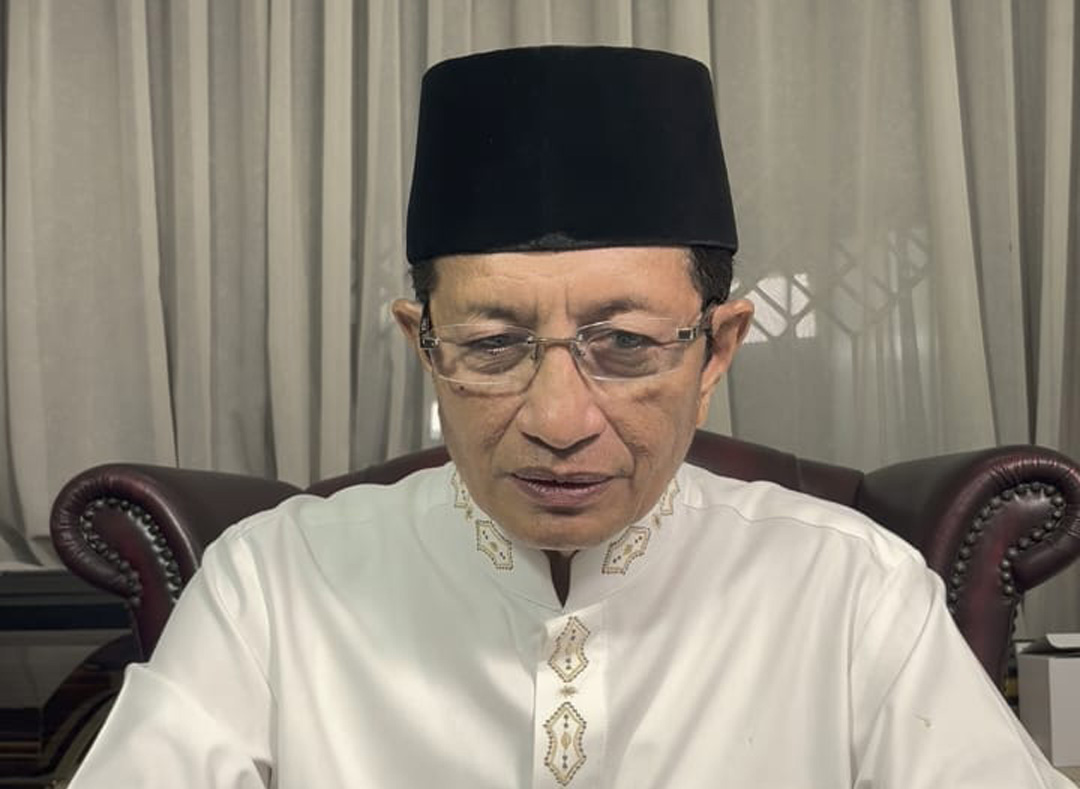Prof. Dr. KH. Nasaruddin Umar, Grand Imam of Istiqlal Mosque and Rector of the Quranic Sciences University Jakarta, has expressed his strong support for President-elect Prabowo Subianto’s initiative to provide free nutritious meals for school children. Nasaruddin stressed the importance of ensuring proper nutrition for children, emphasizing its foundation in Islamic teachings.
“The idea of providing nutritious meals for young children in school is incredibly important for us to support. There are many Hadiths reminding us of the necessity of giving sufficient nutrition to children, especially during their brain development phase,” Nasaruddin told reporters.
He mentioned that such a policy should have been implemented earlier but welcomed its introduction now, emphasizing that it’s never too late to start something beneficial.
“Alhamdulillah, it’s never too late for a good cause. As the Grand Imam, I often mention in media that special attention to children, especially regarding nutrition, is critical,” he said.
Nasaruddin highlighted Prophet Muhammad’s significant emphasis on caring for children, making the free meal policy both Islamic and religious in nature.
“The Prophet Muhammad devoted much attention to children. For instance, he instructed that children should be taught to pray from the age of seven and encouraged discipline by the age of ten. This underscores the importance of caring for children’s development—whether it be their nutrition, education, or the nurturing they receive from their parents,” Nasaruddin explained.
He also pointed out that this policy could be a solution for orphaned and neglected children who may lack access to adequate nutrition.
“The Quran reminds us of the need to care for orphans,” Nasaruddin quoted, referencing a verse that calls for special attention to the welfare of orphans.
Nasaruddin’s endorsement of the free nutritious meal policy reflects its deep roots in Islamic values, focusing on the well-being and holistic development of children.
